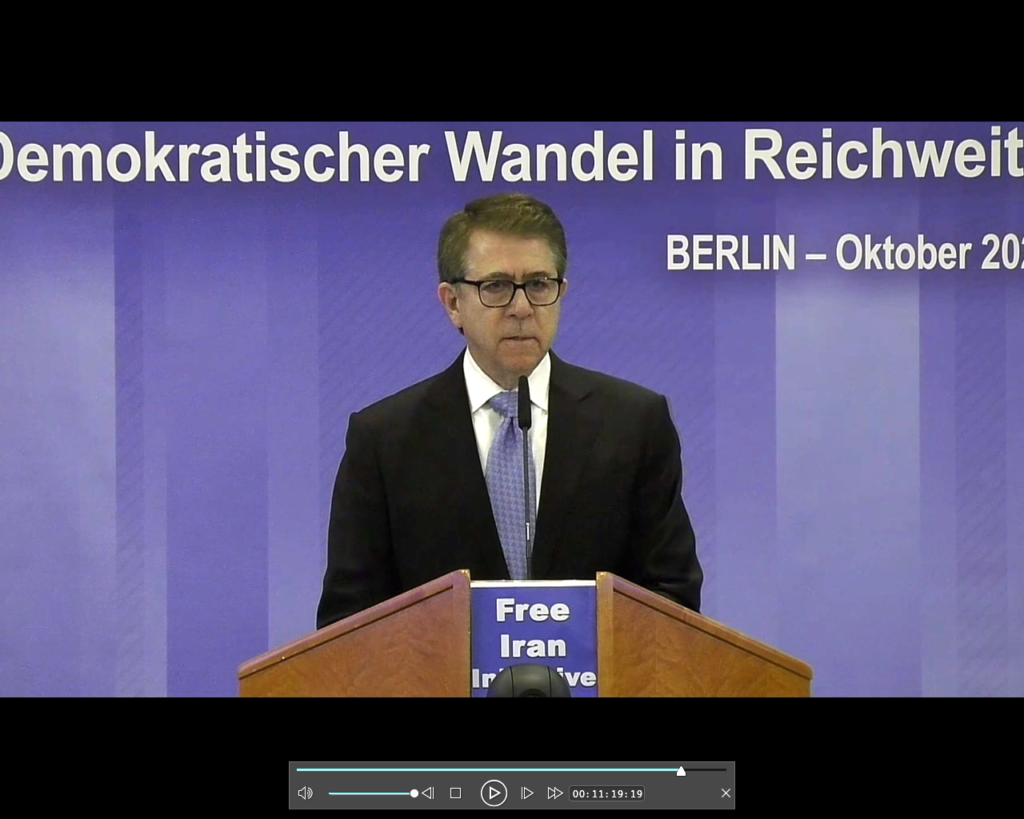Remarks to the Parliamentarians for Global Action, Consultative Assembly of Parliamentarians for the International Criminal Court and the Rule of Law, United Nations, New York
“The lack of political accountability gives rise to my government’s conclusion that, as the lead U.S. negotiator on the Rome Statute, Ambassador David Scheffer, told our Congress in 1998, the final result represented ‘consequences that do not serve the cause of international justice.’ President Clinton approved the signing of the Rome Statute 20 days before leaving office, although the U.S. under his Administration had voted against its final adoption. He said, ‘I will not, and do not recommend that my successor submit the Treaty to the Senate for advice and consent until our fundamental concerns are satisfied.’ His successor, President Bush, shares these ‘fundamental concerns,’ which the Bush Administration has often summarized as the potential for ‘politicized prosecutions.’ This phrase is not meant as a commentary on the caliber of the individuals designated to serve on the Court – and indeed, those that have been named are deservedly well regarded. Rather, it is the Court’s lack of ready accountability to governments legitimately empowered to represent the people’s interests to which we object. Thus, across the political aisle in Washington, there was and is a consensus view that the Rome Statute is incompatible with U.S. standards of justice.”


